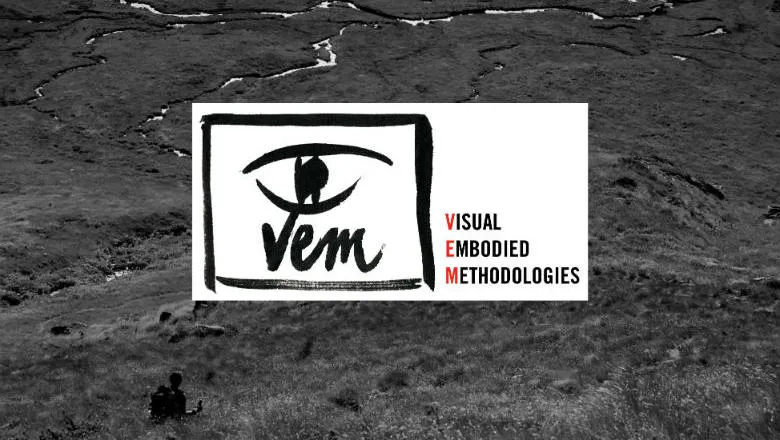The Visual and Embodied Methodologies (VEM) Network at King's has secured funding for projects on sexual harassment, conflict-related gendered trauma, resistance and activism, and policy communication.

The Economics and Social Research Council (ESRC) National Centre for Research Methods has awarded £800k to the Visual and Embodied Methodologies (VEM) Network at King's for its research project on intersectional gendered violence.
The project, led by Professor Jelke Boesten, Professor Rachel Kerr and Professor Cathy McIlwaine, and Suzanne Hall will develop VEM as an established approach to social science research.
The team will focus on intersectional gendered violence with projects looking at sexual harassment against and among young people, resistance and activism among migrant women and conflict-related gendered trauma and pain. They will develop training and toolkits in the use of VEM in academic, policy and action research, with a strong focus on collaborations between researchers, artists, and participants.
Gendered violence in all its forms, from violence against migrant women and harassment of students to gendered human rights violations in conflict, are all widespread and very difficult to adequately address. Despite progress in policy and legislation globally, gendered violence is persistent and ubiquitous. In this project we use visual and embodied methodologies to develop innovative ways to map, communicate and analyse the experience of intersectional gender-based violence.
Professor Jelke Boesten, project Principal Investigator and Professor in Gender and Development in the Department of International Development.
Professor Boesten's research will focus on sexual harassment against and among young people. She will work with students at King's to map what they understand as sexual harassment, what safe and unsafe spaces are, who might be most vulnerable and why. Alongside, a Just Futures project led by Science Gallery London, she will develop a parallel project with young people from South London, establishing the link between student-life and pre-university or non-university students and young people, and to further explore the meaning of intersectionality.
The project will also use VEM to work with Migrants in Action using storytelling, photography, and film to explore resistance and activism among three generations of migrant women led by Professor Cathy McIlwaine, of the Department of Geography. Professor Rachel Kerr, of the Department of War Studies, will draw on archival research to produce new visual understandings of conflict-related gendered trauma and pain, how this is expressed and understood and what meanings are attached to it in different contexts. Suzanne Hall will use the findings of these workstreams in policy labs to explore ways of shaping policy and influencing policy makers in their understanding of these issues.
Through the project's different strands and outputs the project proposes, the research team will demonstrate the numerous ways VEM can be used to address multiple forms of gender-based violence. VEM can build connection across different experiences and audiences where other approaches fail.
The nature of the methodology will be creative, displayed and discussed in shared spaces rather than in traditional academic articles. The project will generate an exciting possibility for dialogue with fellow students, staff and leadership, within and beyond King's, contributing to changing and creating important understandings of what intersectional gendered violence is, does and can be prevented.
- The project's first event - 'On the Verge of Silence: Sonic and Poetic Fragments. A Ritualized Reading of Colombia's Truth Commission Final Report' - will be on 1 December in King's Chapel, please register here.






